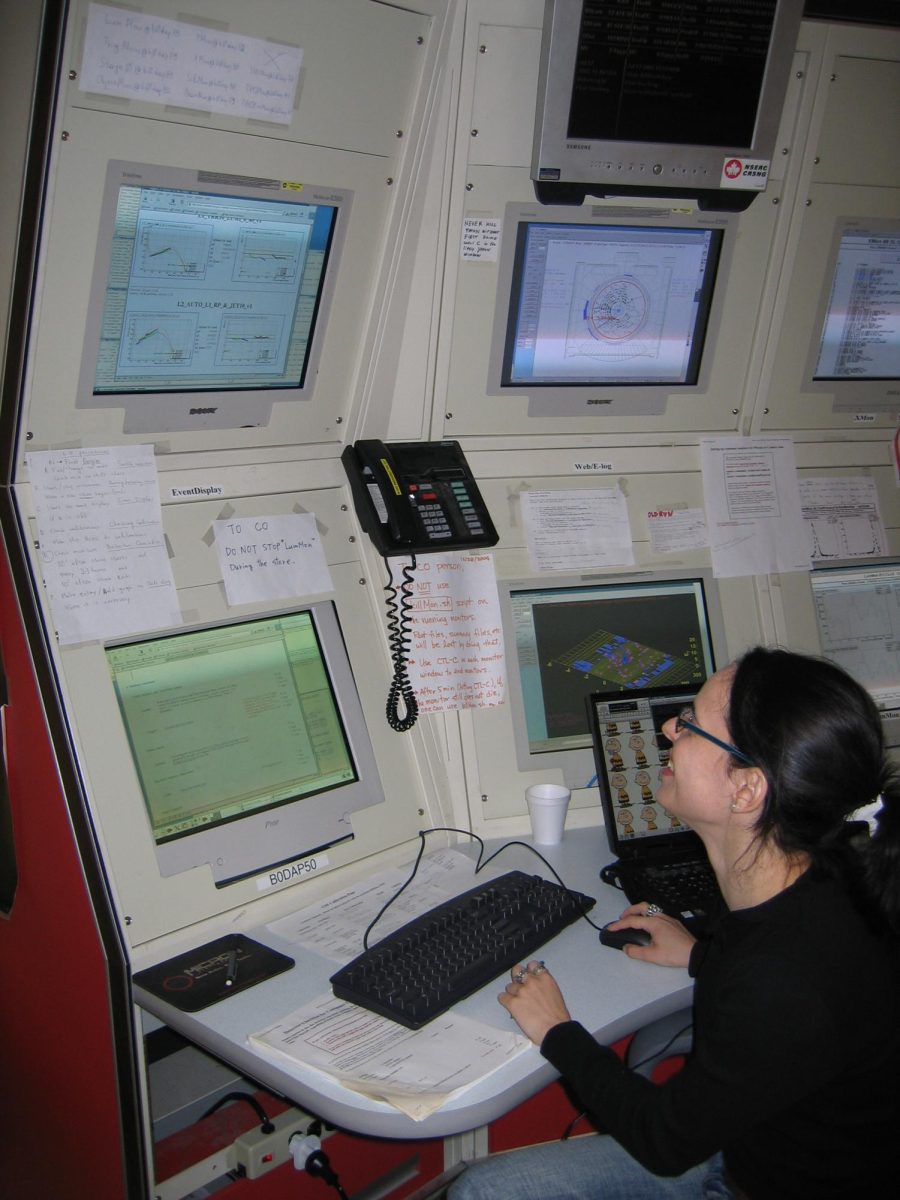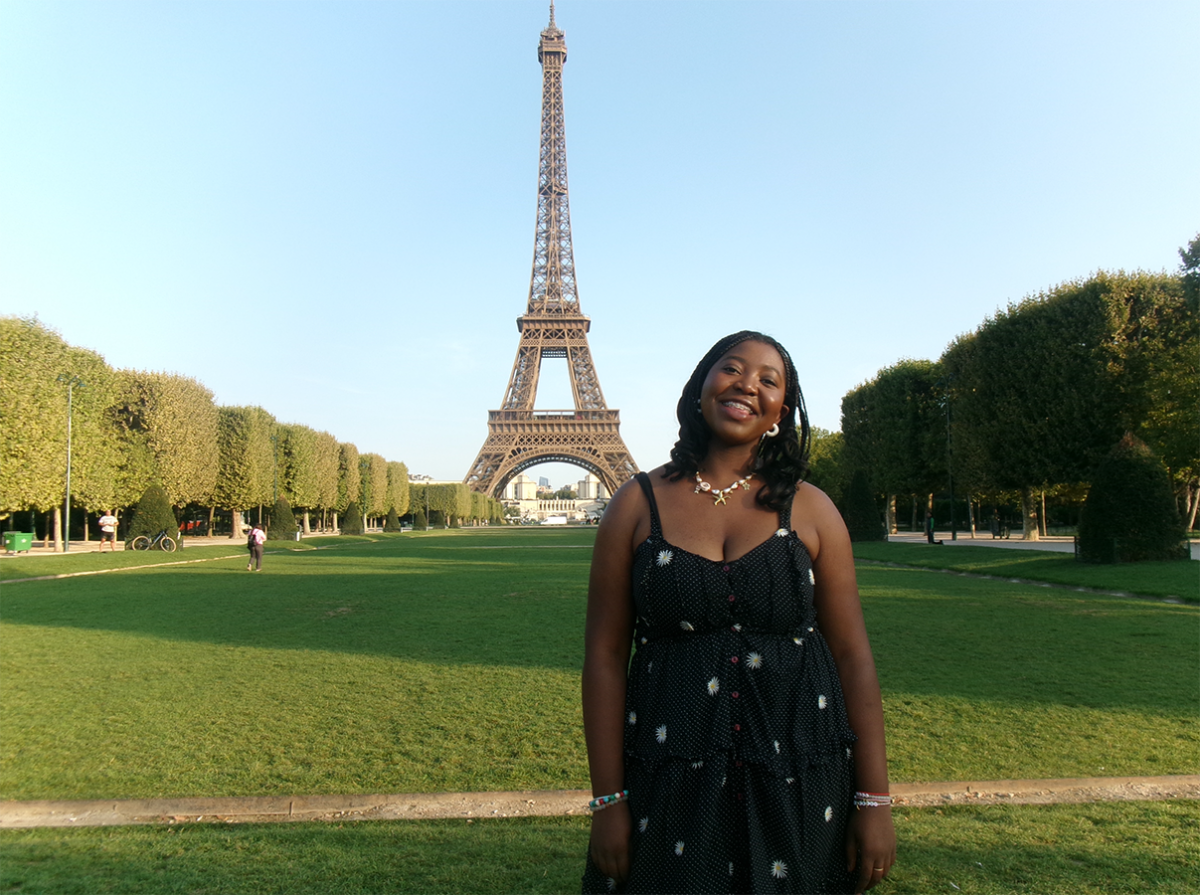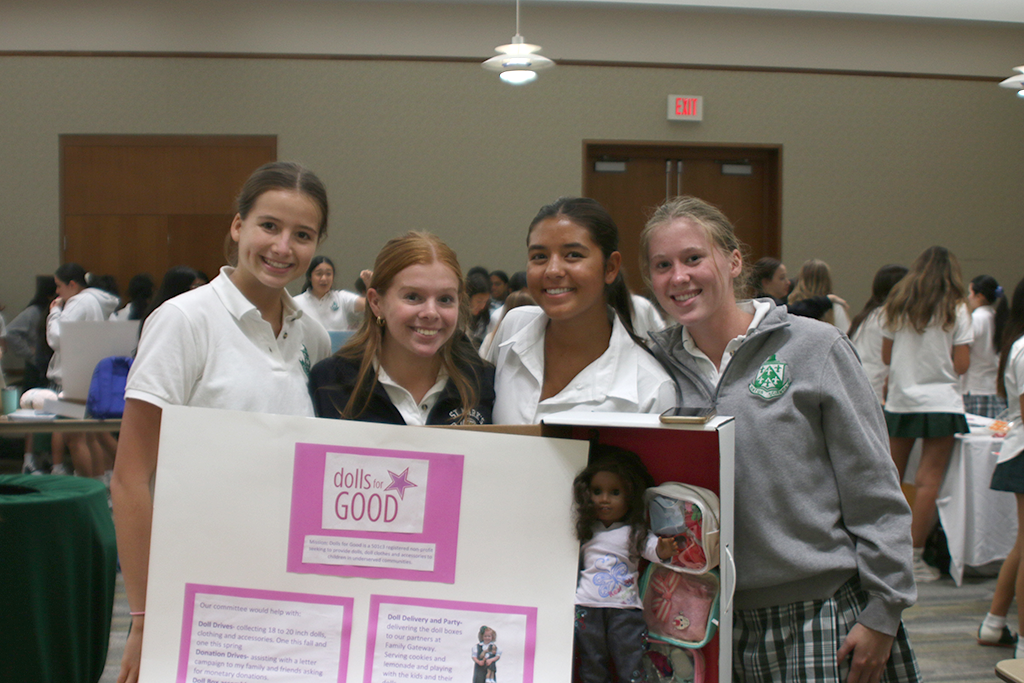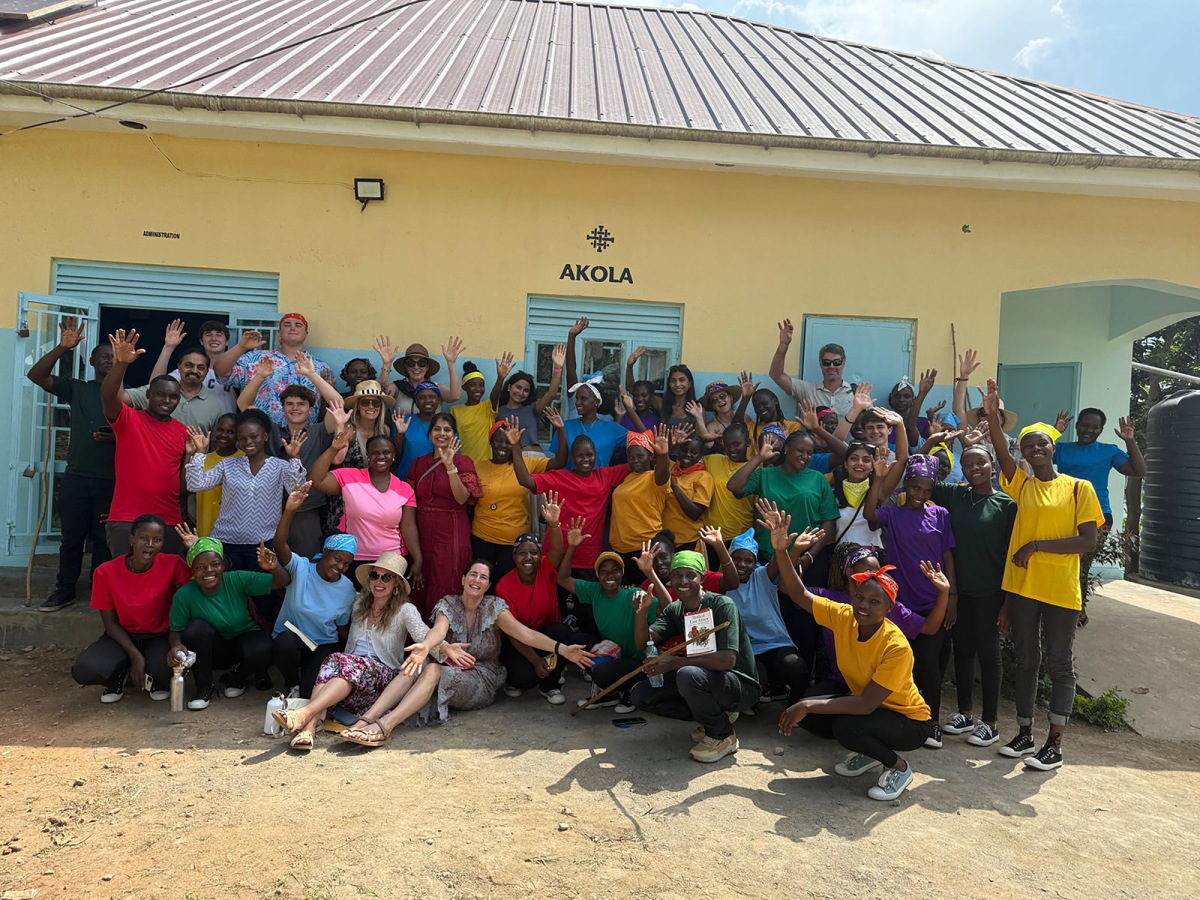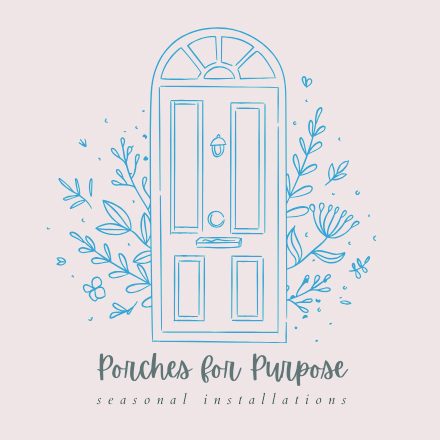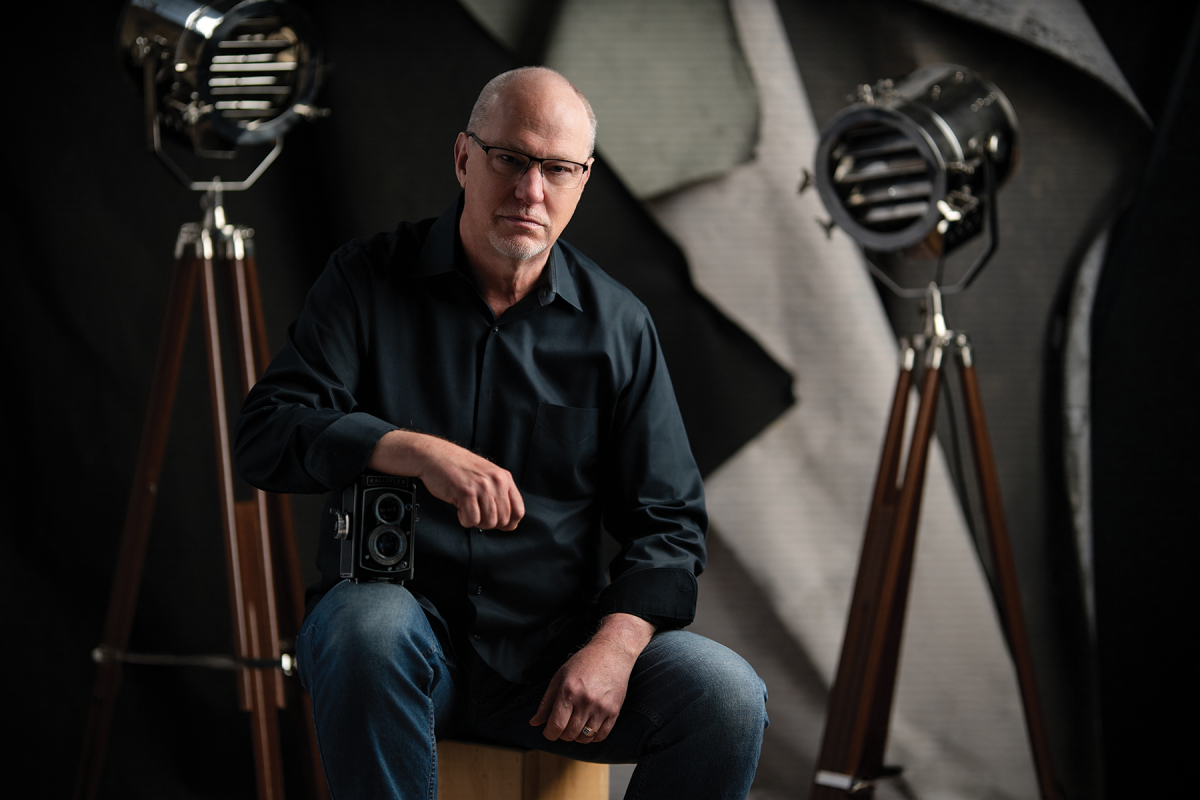From serving in Israel’s military to collecting data at the European Organization for Nuclear Research (CERN), Shulamit Moed, Upper School Precalculus and Integrated Math III Enriched teacher, has pursued her passion for science and learning throughout her life.
“I always loved going to school and learning,” Moed said. “In high school, my favorite classes were physics, math and the Bible.”
Although Moed was always interested in school, her high school physics teacher helped her discover her passion for science.
“My teacher made me want to learn more,” Moed said. “I saw how you can understand how the world works and how nature is composed.”
After graduating from high school, Moed served in the Israeli military for two years before going to the Israel Institution of Technology (Technion), where she earned her Bachelor of Science in physics, and, later, a master’s in particle physics.
From there, Moed went to CERN, where she collected data for her thesis and received her doctorate at the University of Geneva in Switzerland.
“I went to the U.S. for the second part of my Ph.D. at Fermi National Accelerator Laboratory (Fermilab), which is outside of Chicago,” Moed said. “Then, I continued a post-doctoral fellowship at Harvard, and I was planning to go back to Israel, but then I met my husband at Harvard and stayed in the U.S.”
At Harvard, Moed had the opportunity to do research work and mentor graduate students, guiding them in analyzing data.
“I helped them with all skills related to scientific research from programming, to understanding physics, to designing experiments – everything you need to be a scientist,” Moed said.
Once she completed her fellowship, Moed went back to the Fermi National Lab, which was a dream of hers. However, once her children were born, she made a difficult decision to step aside from her work in order to make more time for her children.
“I had a demanding job with two babies, and I didn’t want them to be raised by a nanny, so I made a tough decision that I don’t regret,” Moed said. “I focused on being a full-time mom for several years which I consider extremely meaningful in helping shape my kids to the people they are and
strengthening our family, given the fast social and technology changes and influences that we are experiencing in recent years”
While taking a break from her scientific work, Moed taught dance, fitness and Zumba classes in Chicago. Then, when her children got older, she turned to teaching.
“I decided to teach high school to help students see the joy and beauty in STEM and how it connected to so much in their daily life and everything around them,” Moed said. “I was very inspired by teachers, and I see it as a privilege to be in the classroom and encourage students to think creatively and critically and guide them in their intellectual growth.”
Bringing in aspects of her background in science as she teaches math, Moed perceives science as a way of thinking that provides space for identifying the beauty in the nature around us and in our existence itself.
“I want to teach my students how to think so that they can become independent thinkers,” Moed said. “Everything I teach is geared toward applications and seeing how the details affect the big picture and vice versa.”
In her free time, Moed enjoys spending time with her family, specifically cooking. She also loves to dance and read when she gets the chance.
For females aspiring to be in the STEM field, Moed stresses the importance of not making a point about gender and seeing one’s performance and the results they produce whether they are a woman or a man.
“I always wanted to exceed whatever criteria was set and to perform in any kind of work, and that had nothing to do with gender,” Moed said. “I didn’t leave a margin for people to say that I got to do something because I was a woman; Whatever I did, I did well in absolute terms.”
From working in labs to teaching at Hockaday, Moed has loved all of her jobs.
“If you do something with a purpose and a meaning, it is already halfway guaranteed that you will enjoy it, and the rest is in the details,” Moed said. “I loved being a scientist and I look back at the accomplishments and I am proud of them and remember joy, happiness and friendships. Now, I love being in the classroom and I love knowing that I have contributed something to a student’s cognitive development and her ability to look at the math as a beautiful language that makes a lot of sense.”


